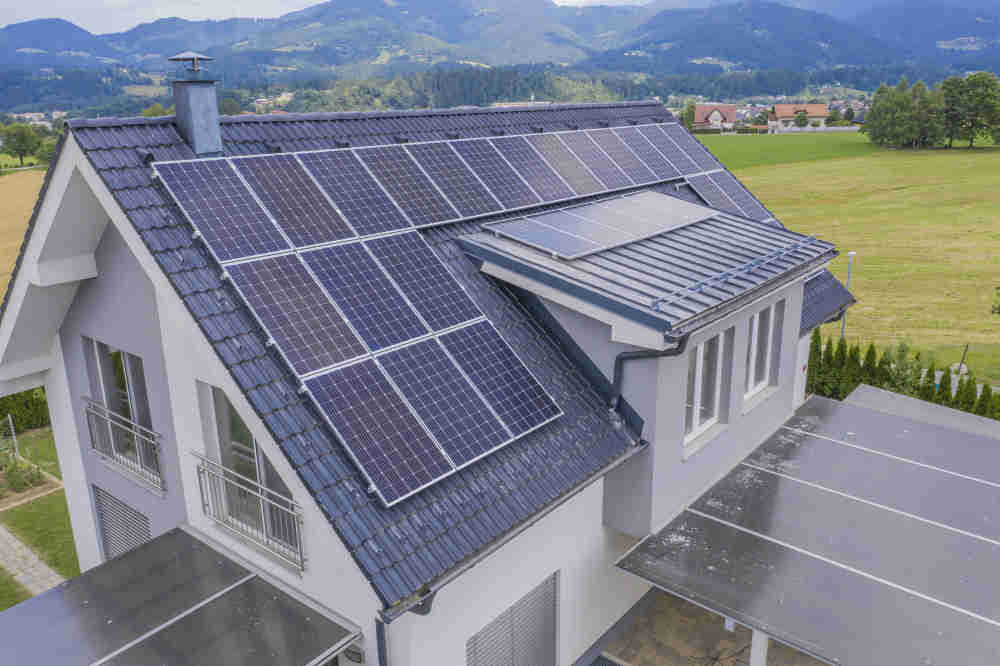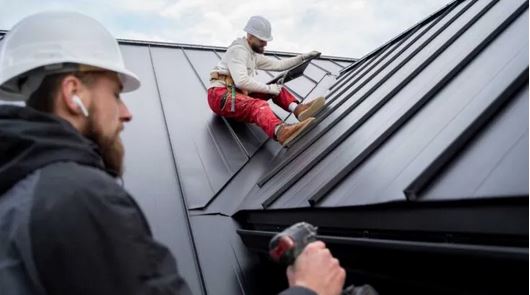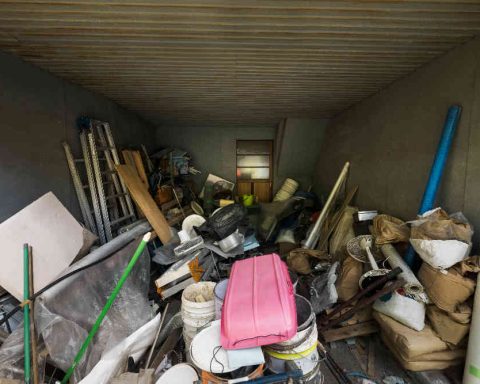In recent years, more and more homeowners have embraced solar energy. It’s clean, sustainable, and can save you a bundle on your electricity bills. But like any significant investment, your solar system needs regular attention to perform at its best. Curious about how to monitor and maintain your solar system? Whether you’re a renewable energy enthusiast or a DIY eco-warrior, this guide has you covered.
Monitoring Your Solar System
Keeping an eye on your solar system’s performance is essential. Most modern systems come with monitoring software, showing real-time data on energy production. Log in regularly to spot any sudden dips in output. If your panels are consistently underperforming, there could be an issue that needs addressing.
Your inverter is a crucial part of this process. It converts the DC electricity generated by your panels into AC electricity used in your home. Make sure to check its display panel for any error messages. These can be early indicators of potential problems.
Professional Inspections
While DIY maintenance is effective, professional inspections add an extra layer of security. Experts can spot issues you might miss and provide detailed assessments of your system’s health. Schedule a professional check-up at least once a year. If you’re from Edmonton or anywhere nearby, several solar companies in Edmonton have some of the best professionals ready to service your solar panels.
Cleaning Your Solar Panels
Dust, leaves, and bird droppings—your solar panels face many challenges. Keeping them clean is one of the simplest yet most effective ways to maintain efficiency. Use a soft brush or a hose to remove debris gently. Avoid harsh chemicals that might damage the panel’s surface. If you live in an area with heavy pollution or frequent bird activity, consider cleaning more frequently.
But remember, safety first. If your panels are on the roof and you’re not comfortable climbing up, hire a professional. The cost of professional cleaning is minimal compared to the benefits of optimal panel performance.
Inspecting for Physical Damage
Regular inspections are vital for spotting physical damage. Look for cracks, chips, or other signs that a panel might be compromised. Even small damages can significantly reduce efficiency. Check the wiring and mounting hardware as well. Any loose connections need immediate tightening to prevent future issues.
If you notice any damage or wear and tear, contact a professional for a thorough inspection. Attempting to fix complex issues yourself can sometimes cause more harm than good.
Monitoring Energy Output
Tracking your system’s energy output helps you understand its performance. Many systems offer apps that provide detailed reports and alerts. Compare the current output against previous months and years. This data helps you spot trends and identify when something isn’t right.
An unexpected drop in energy production could indicate several issues—from shading caused by new tree growth to a malfunctioning panel. Identifying these issues early can save you time and money.
Seasonal Adjustments
Your solar system’s performance can vary with the seasons. In winter, shorter days and snow-covered panels can reduce output. In contrast, summer provides longer days but might also bring dust and pollen. Adjust your maintenance routine accordingly.
For instance, clean your panels more frequently in the spring and summer when pollen and dust levels are high. Although snow isn’t usually a problem for solar panels, make sure to clear snow that’s covering them to ensure peak performance. Seasonal checks help maintain consistent performance throughout the year.
Battery Maintenance
If your solar system includes battery storage, maintaining these batteries is crucial. Check the battery’s fluid levels and keep them topped up if necessary. Clean any corrosion from the terminals and ensure the connections are tight. Regularly test the battery’s capacity to ensure it’s holding charge as it should.
Extend the Lifespan of Your Solar System
By incorporating regular monitoring and maintenance into your routine, you can extend the lifespan of your solar system. This not only maximizes your energy production but also ensures you get the best return on your investment. Remember, a well-maintained system is a happy system, and a happy system keeps your home powered efficiently.
Final Thoughts
Solar energy is a fantastic investment in both your home and the planet. With regular monitoring and maintenance, you can ensure your system operates at peak efficiency, saving you money and reducing your carbon footprint. Don’t wait for problems to arise—take proactive steps to keep your solar system shining bright.






